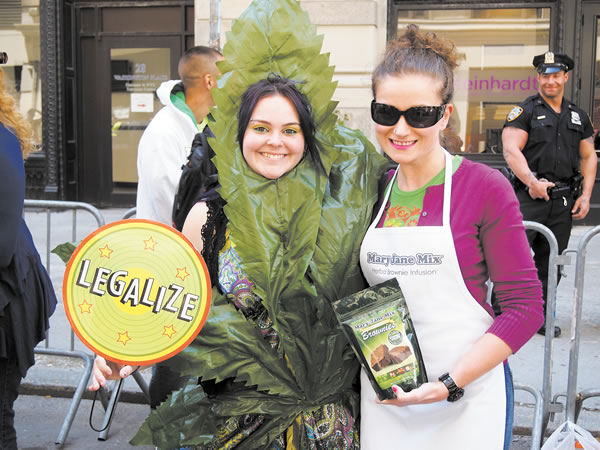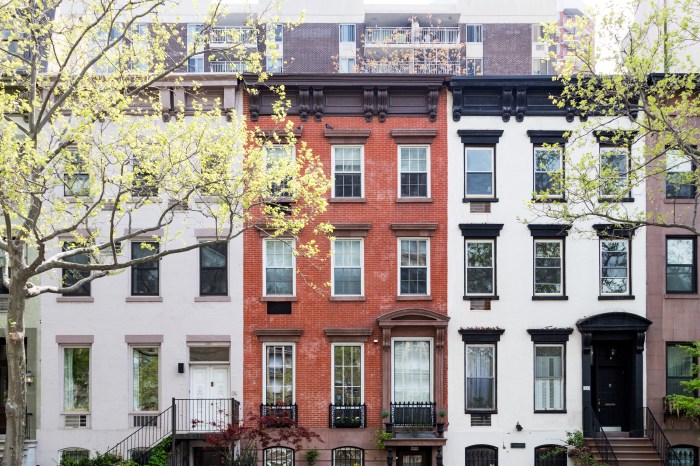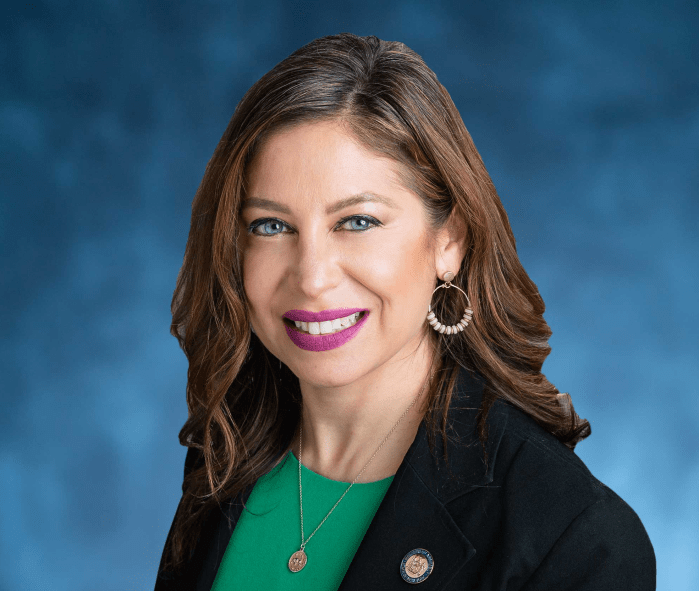BY PAUL DERIENZO | Starting on Jan. 1, two states, Colorado and Washington, will begin a “noble experiment” in drug policy by legalizing marijuana for nonmedical, or recreational, use. Currently, 20 states and the District of Columbia have made exceptions to marijuana laws, allowing pot to be used for treating a variety of illnesses from multiple sclerosis to the side effects of cancer treatment. But the two western states, known in stoner circles for their influential grassroots pot organizations, will be the first to allow legal pot shops and growers to feed an aboveground and taxable market of potheads.
Prohibition in the 1920s, which President Herbert Hoover dubbed “the Noble Experiment,” was arguably one of the most disastrous domestic political decisions of the last century.
However, as the Depression settled in on America, the government grew tired of a hopeless crusade against booze that sapped taxpayers, enriched organized crime and turned millions of Americans into lawbreakers. Marijuana remained banned, though, and became a major focus of law enforcement. The herb’s association with jazz, immigrants and free thinkers relegated it to the fringe.
But now all that seems to have changed and marijuana is on the brink of legitimacy. In October, a Gallup Poll showed that for the first time since the poll question was asked in 1969, a clear majority, 58 percent of Americans, support outright legalization of marijuana.
Since the victories in Colorado and Washington, proposals for new laws legalizing pot have spread throughout the Americas. Alaskans are filing petition signatures to put a tax-and-regulate referendum on the ballot this August; and California Lieutenant Governor Gavin Newsom has suggested his state, the first to legalize medical marijuana in 1996, also legalize recreational pot.
Washington has plans for licensing legal marijuana shops across the state, but it won’t be running until the summer. Uruguay voted to legalize weed, but the law doesn’t go into effect until April.
Which leaves Colorado — the mile-high ski destination made famous by the irreverent cartoon “South Park” with the official motto “Enter a Higher State” — poised to be the first large political entity to sanction a legal market in marijuana in 80 years.
Complicating the change is that marijuana is a Schedule I drug under federal law along with heroin and LSD. That means that the feds don’t recognize any medical use for pot, and that possessing, growing and selling it all remain illegal at the federal level.
Colorado Governor John Hickenlooper has advised tokers that “federal law still says marijuana is an illegal drug, so don’t break out the Cheetos or Goldfish too quickly.”
Colorado stands to gain from legalization through taxation of the 160 applicants who have filed for licenses to sell marijuana.
According to Doug Greene of the New York State branch of the pot advocacy group National Organization for the Reform of Marijuana Laws, or NORML, “people are willing to pay the price” for legitimate pot. The tax is steep, 25 percent, including a 15 percent excise tax and a 10-to-15 percent sales tax. NORML says it opposes the pot tax as unfair because it’s double the state’s alcohol tax.
In Washington, officials say marijuana taxes may generate nearly $2 billion in additional revenue over five years, and Seattle police have been proactive in reaching out to stoners. This year the 22nd annual Seattle Hemp Fest drew a massive crowd celebrating the victory on Proposition I-502, with 56 percent of voters supporting legalizing possession of up to an ounce of cannabis by adults.
Seattle Mayor Mike McGinn, former Senator Mike Gravel and a Seattle Police Department spokesperson addressed the throngs from the main stage while police handed out bags of Doritos with stickers detailing the new rules for pot smokers.
Seattle cops have been promoting the change in the law with a poster featuring The Dude, Jeff Bridges in the film “The Big Lebowski,” emblazoned with the character’s catchphrase, “The Dude abides,” the word “abide” in green. The authorities have also been providing would-be growers with information on how to avoid home-invasion robberies, as happened this October in Kennewick, Washington.
Crime, and social conditions around dispensaries and marijuana shops, are among the negatives to legal marijuana raised by the conservative Heritage Foundation, which urges citizens to “Just Say No” to legalization. In a research report on its Web site, the Foundation’s senior legal fellow, Charles D. Stimson, praises former President Ronald Reagan’s get-tough approach as “remarkably successful” in reducing drug use in the 1980s.
Anti-pot crusaders from the first narcotics czar, Harry J. Anslinger, who encouraged melodramatic propaganda films like “Reefer Madness” — today a campy classic — have argued that weed would lead to depravity and social decay.
California’s medical marijuana law signaled a sea change; but despite the growing acceptance, skirmishes with the feds continue.
Last year, U.S. Attorney Melinda Haag brought charges against Oakland’s Harborside Health Center, the nation’s largest marijuana dispensary. The government asserts that, by its size, the dispensary presented a “likelihood” of violating state medical marijuana laws.
Attorney General Holder offered an olive branch to the emerging pot industry last August by releasing a “guidance memo” that laid out eight “priorities” for enforcing marijuana laws, including distribution to minors, gangs, diversion of pot from legalizing states to non-legalizing ones, violence, “drugged driving” and possession or growing pot on federal property. Interpretation of the memo would be left to the discretion of U.S. attorneys.
One area in question is how federally regulated banks will handle the accounts of marijuana businesses. Attorney General Holder has said he’ll take a “trust but verify” approach to pot banking, adding that the Department of Justice is “actively considering” how to regulate the cash flow.
On a more existential level, venues such as bars and concert halls are worried that pot-smoking patrons could still be arrested for toking in public places, which is specifically prohibited under the new law. Police have said they won’t ignore public smoking. But a spokesperson added that “officers use their discretion when there’s the odor of marijuana at a concert venue, and a lot of [the law] isn’t clear right now. We’re starting from scratch.”
On New Year’s Eve, hip-hop’s Wu-Tang Clan is playing at a Denver ballroom in a show expected to be an hours-long pot party.
“I won’t lie to you and say it doesn’t go on,” said the ballroom’s manager, “but it’s not officially tolerated.”
Whether the noble experiment of legal pot will itself be tolerated will play out next year.
DeRienzo hosts “Let Them Talk” every Tuesday at 8 p.m. on MNN, Manhattan’s public-access TV station


















